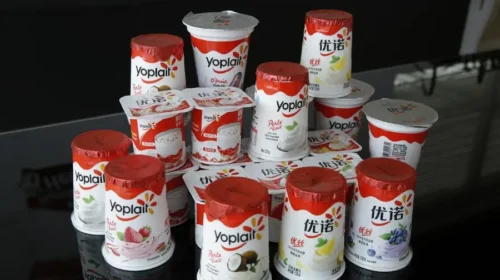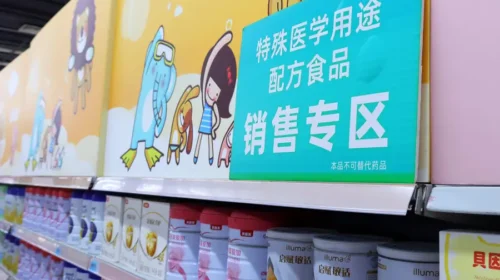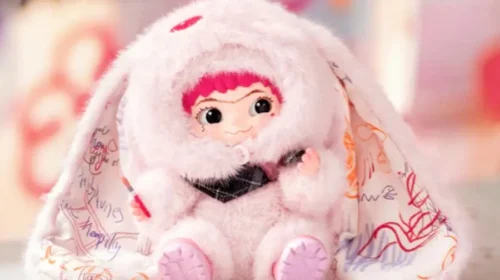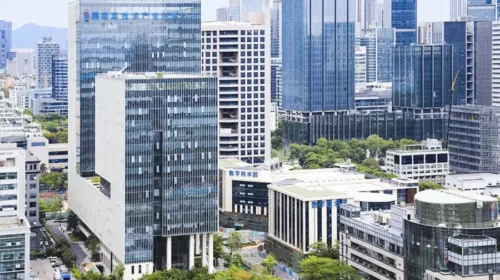FAST NEWS: Miniso shares plummet on Yonghui stake purchase

The Latest: Novelty store operator Miniso Group (MNSO.US; 9896.HK) on Monday announced it has agreed to buy 29.4% of China’s second-largest supermarket operator Yonghui Superstores (601933.SH) from Dairy Farm and JD.com (JD.US; 9816.HK) for a consideration of 6.27 billion yuan ($889 million), making it Yonghui’s largest shareholder.
Looking Up: Miniso believes the acquisition represents an opportunity to invest in assets with high returns and high growth potential at an attractive price.
Take Note: Following the announcement, BofA Securities downgraded its investment rating on Miniso to “underperform” from “buy.” It also slashed its target price for Miniso’s U.S. shares by 51% to $12.60, saying the deal raises more questions than answers and increases the company’s risk.
Digging Deeper: Miniso, which mainly operates small-format stores selling stationery, toys and other low-priced goods, has been expanding into overseas markets from China in recent years. The opening of its flagship store on the Champs-Elysées in Paris in June set a one-day sales record for the company’s overseas stores with first-day sales of 580,000 yuan, and the opening is just the latest in its plan to add 900 to 1,100 stores this year. The Yonghui acquisition is strategically important as Miniso diversifies its investment and operational pipeline into retailing for other daily necessities.
Market Reaction: Miniso’s Hong Kong shares plunged on Tuesday, closing down 26.1% to a 52-week low of HK$24.30 by the midday break.
Translation by A. Au
To subscribe to Bamboo Works weekly free newsletter, click here





